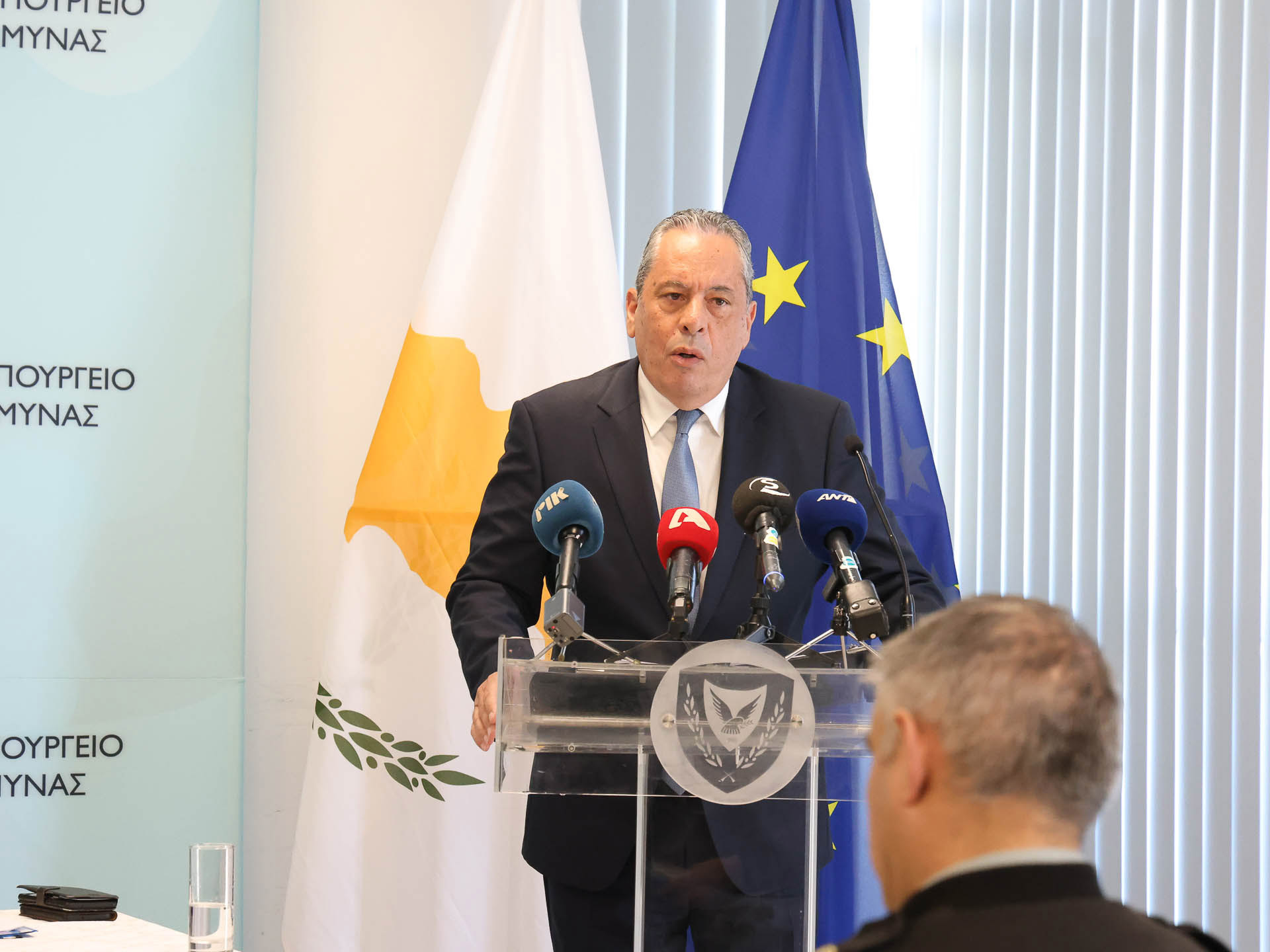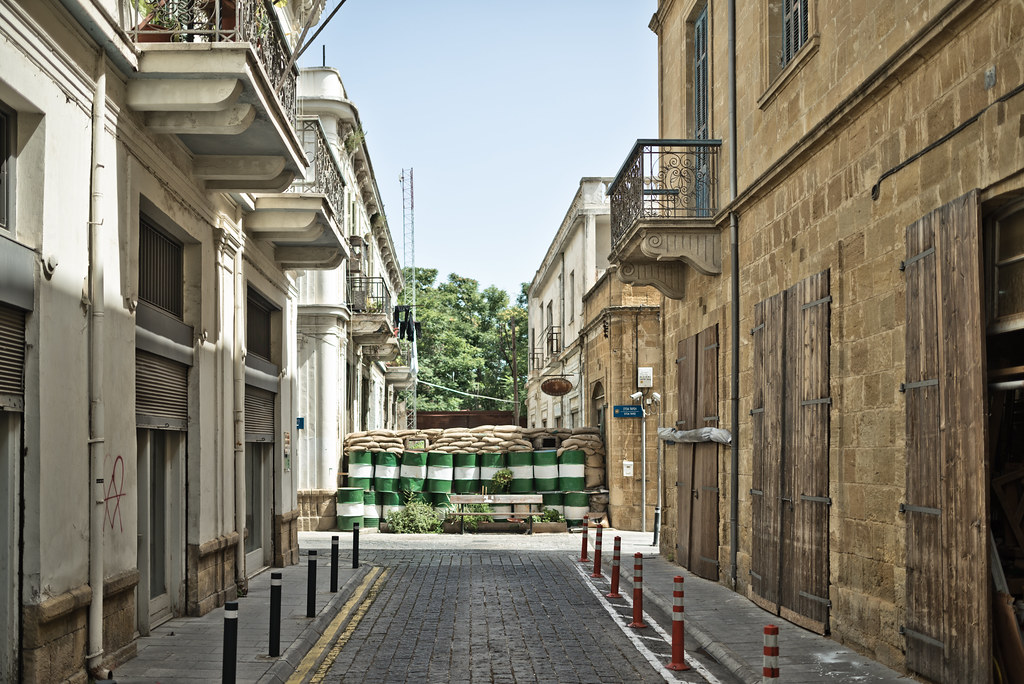The European Union’s new Safe regulation offers a major opportunity to boost Cyprus’ deterrent power and upgrade military infrastructure, Defence Minister Vasilis Palmas said on Monday outlining his ministry’s budget for 2016.
Speaking before the House finance committee, Palmas said the ministry’s proposed spending stands at €628.1 million, an increase of €39.7 million compared to 2025.
He acknowledged that Cyprus faces serious challenges but said they are “significant yet manageable.” The government, he added, is pursuing a “realistic and balanced” approach to defence planning.
“We never claimed Cyprus would become a superpower, either militarily or politically,” Palmas said.
“But we have the capabilities, and the time is right to strengthen our country’s position internationally while protecting our sovereignty and territorial integrity.”
Under the EU Safe programme, Cyprus will receive €1.2 billion, which will be repaid over a 45-year period. The funding aims to improve defence readiness and infrastructure across EU member states.
Palmas said part of this funding will go towards upgrading two major military bases, the Andreas Papandreou airbase in Paphos and the Evangelos Florakis naval base in Mari. The naval base project alone is expected to cost more than €200 million.
The United States, he added, has expressed interest in working with Cyprus to modernise the Andreas Papandreou airbase.
“We must ensure that the republic of Cyprus continues to strengthen its defence through new equipment programmes,” he said.
The minister described cooperation with the United States as a “positive and evolving” development.
Through three US partnership programmes, Cyprus will have access to surplus American military equipment, direct procurement discussions with the US department of defence, and joint collaboration on counterterrorism and other related security matters.
During the same committee session, new chief of the national guard, lieutenant general Emmanuel Theodorou said Cyprus plans to use both existing financial mechanisms and lessons from regional developments to introduce “smart, efficient solutions” in national defence.






Click here to change your cookie preferences